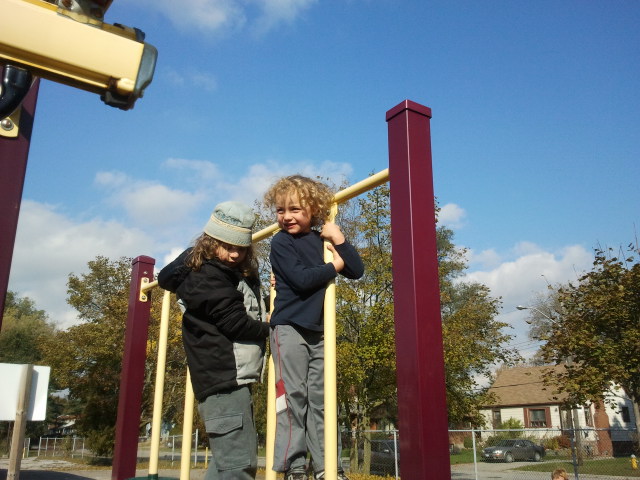As I was scrolling down my Facebook newsfeed this morning, I came across a picture of a bunch of people, with a caption saying, “Share if you believe in autism acceptance”. If you click on the link that comes with the picture, you are taken to an online pledge entitled “Hire Employees On The Autism Spectrum”. The blurb points out that individuals with autism often have exceptional talents and ways of thinking, and can therefore be a valuable addition to any workplace. Then there is an online form where you fill in your name in order to sign the petition.
I believe that the intentions behind this are fabulous. Too many times, I see people being excluded from activities and opportunities simply because they have autism. It starts early in life, with kids not being invited to birthday parties or included in games (whether the child chooses to participate is another story – my point here is that it would be nice for them to at least be asked). As the child grows older, I am sure that exclusion extends to teenage activities, educational opportunities, and eventually, the workplace. I am all for taking steps to ensure that people with autism are given equal opportunities, and accommodations where needed.
But…
Do we want a situation where employers are actively seeking out and hiring people with autism, simply because they have autism?
My son George is a whiz with numbers, although I suspect that this has less to do with autism than with simple genetics. My husband and I are both good with numbers, and so is my younger son James. We are a family of math geeks. And like me, George is good with computers. His autism definitely gives him a unique way of thinking and fantastic attention to detail in certain tasks. I see him growing up to be some kind of computer nerd – a programmer, maybe, or someone who actually puts computers together.
I would love to see some employer recognise his skills, see the value that he could add, and hire him. But I wouldn’t want his autism to be a factor in that decision. If he’s the best qualified candidate for the position, he should get the job. If someone else is better qualified to do the job, that person should be hired. Maybe George will need some accommodations during the interview and selection process. Maybe the hiring manager will have to use some creative thinking or some kind of quantifiable measure to choose the right candidate. Maybe, if George is the one selected, some workplace accommodations will need to be set up for him.
But I strongly believe that employment selections should be based on qualifications and ability to do the job, and not on whether or not the person has autism. If George’s co-workers one day say things like, “Wow, that autistic dude is awesome at what he does”, I would be completely fine with that. If, on the other hand, they say, “Yeah, George is good at his job, but he was only hired because of his autism”, that would make me sad.
I believe the hiring process should be fair, but it has to be fair to everyone. Hiring someone because of what disability he or she might have is unfair to the individual, and it’s unfair to other people.
There is a place for the online pledge that I described earlier, but I think it should be differently worded. Instead of urging employers to “hire people with autism”, the call should be for employers to give people with autism an equal chance.
What do you think? Is a drive to employ people with autism a good thing, or is it a form of discrimination that could be unfair to everyone?
This is an original post by Kirsten Doyle. Photo credit: Kanemojo. This picture has a creative commons attribution license.











